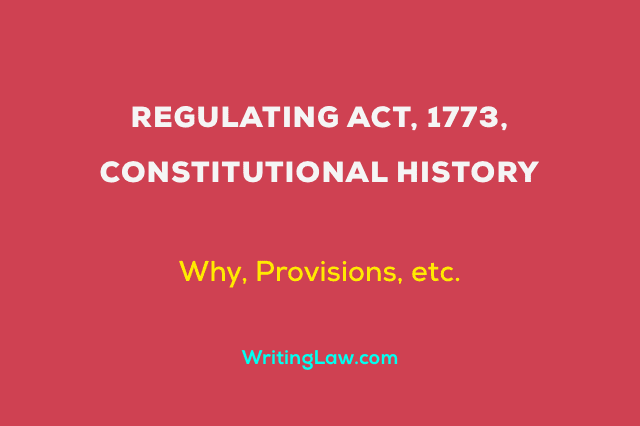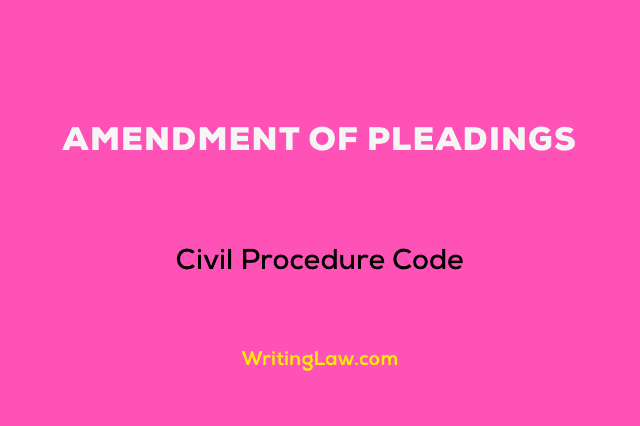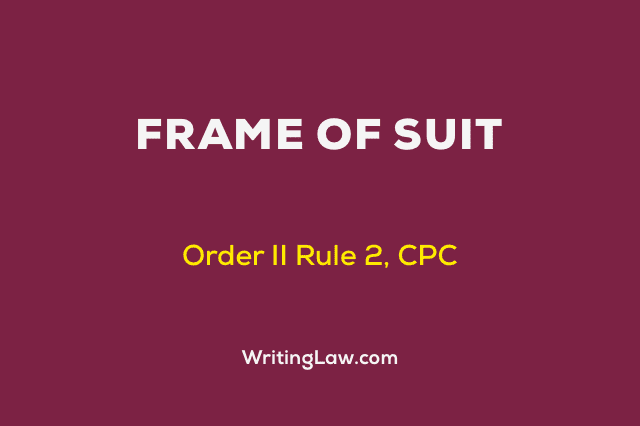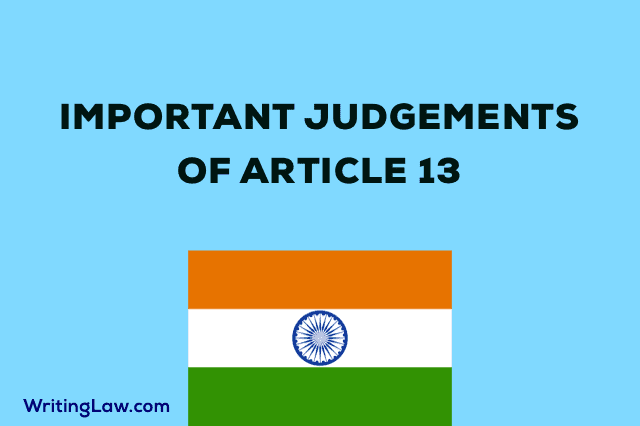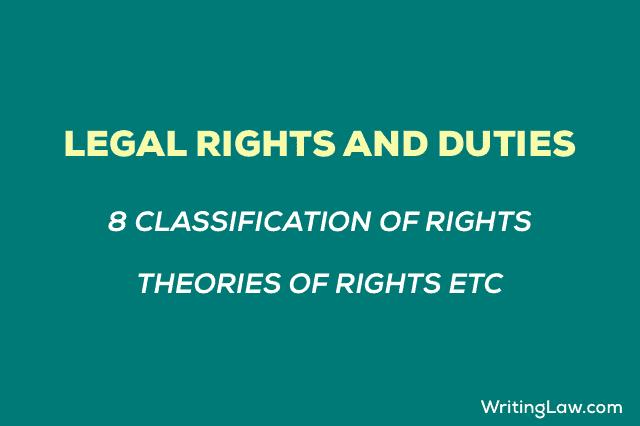Extortion in the Indian Penal Code – IPC Notes
Extortion is defined in section 383, chapter XVII of the Indian Penal Code. It is an offence against property. To understand what amounts to extortion, certain essential elements are required to be fulfilled.
Any person who commits an offence of extortion shall be punished for imprisonment up to three years or fine or both. It is a cognizable and non-bailable offence.KEEP READING



